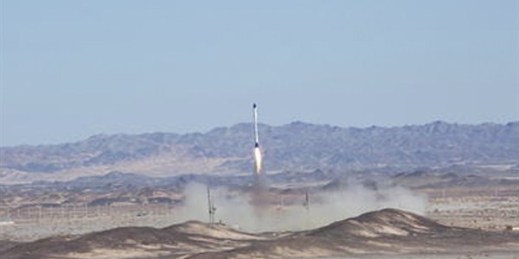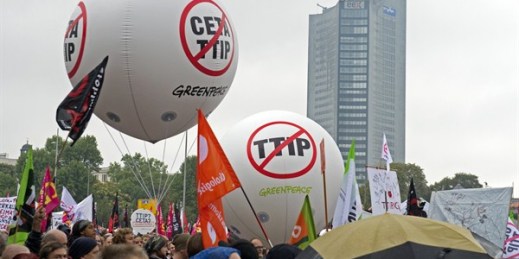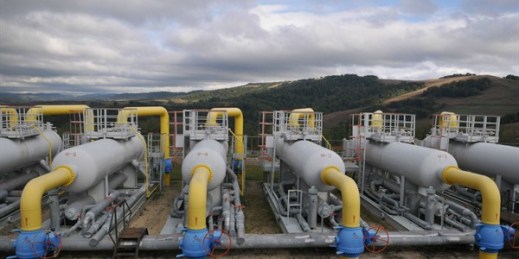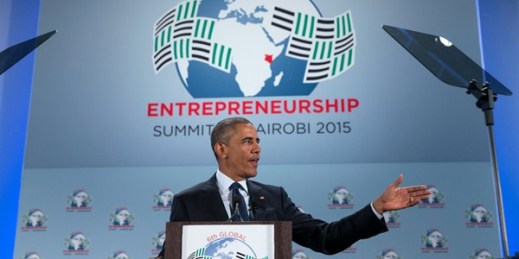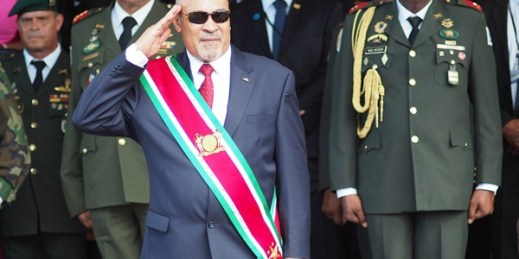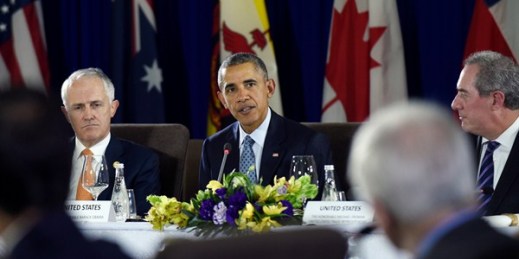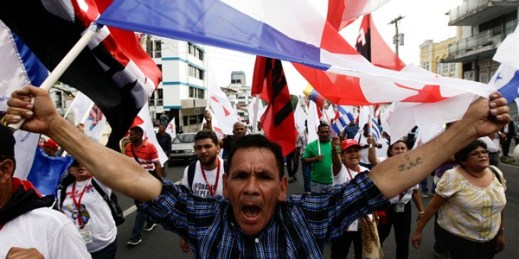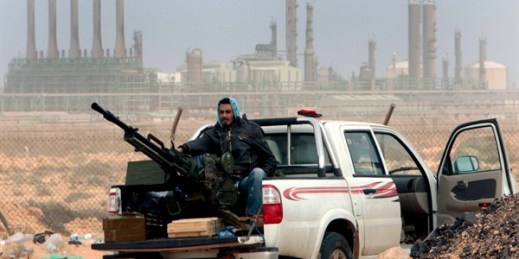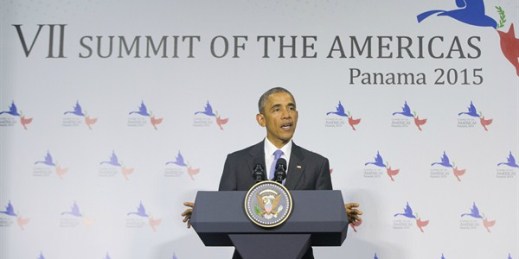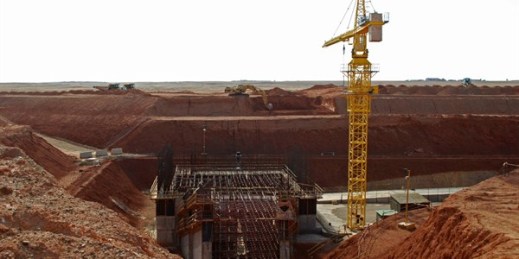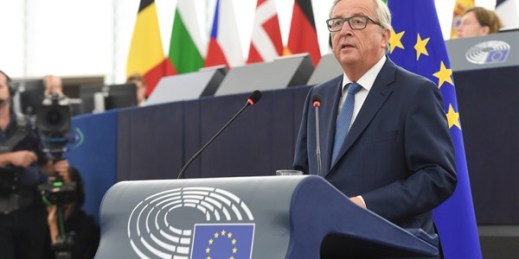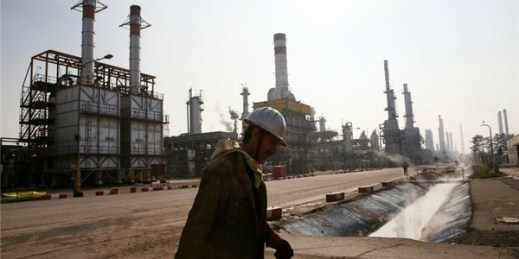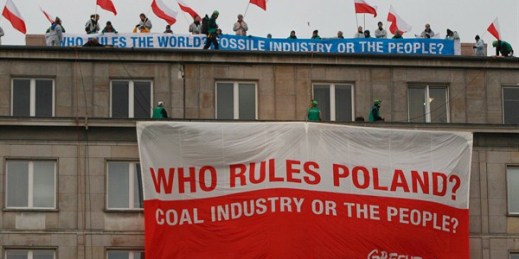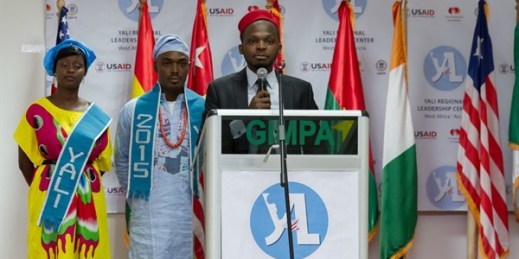
In this week’s Trend Lines podcast, WPR’s editor-in-chief, Judah Grunstein, and host Peter Dörrie discuss global violence and discrimination against women, the political crisis in Guinea-Bissau, and the need to give Syrian refugees the right to work. For the Report, Ernest Nti Acheampong joins us to talk about how young entrepreneurs are driving economic growth in Africa. Listen: Download: MP3Subscribe: iTunes | RSS Relevant Articles on WPR: The World Needs a Peace Treaty Between Men and Women WPR Global Insider Interview Series on Women’s Rights and Gender Equality Deal to End Guinea-Bissau’s Deadlock Instead Stokes Risk of Another Coup Many […]


